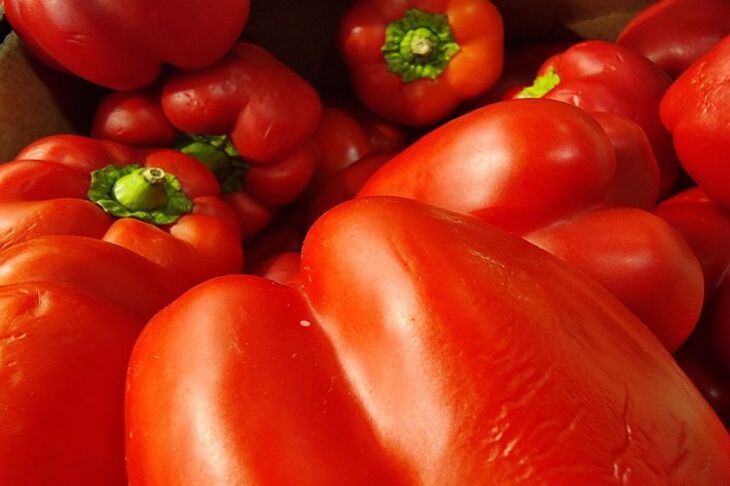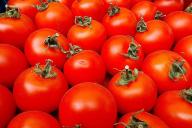Every gardener dreams of getting a rich harvest of vegetable crops.
A competent selection of plant neighbors becomes the key to successful farming and a guarantee of the healthy development of each plant in the garden.
Neighborhood principles
The compatibility of various vegetable crops is a complex scientific system of plant interaction.

Some species are capable of suppressing the growth and development of neighboring crops, while others help mutual growth.
Gardeners have long noticed patterns in the mutual influence of plants on each other.
Basic rules of compatibility
Plant breeding experts claim that each crop has its own biochemical characteristics.
Root systems, secreted substances and the need for nutrients create a unique ecosystem of the soil space.
Bell peppers have special requirements for their neighbors.
Antagonist plants
Carrots are considered one of the worst neighbors for bell peppers.
Root crops inhibit the development of peppers, consuming a significant amount of nutrients.
Experience has shown that growing carrots and other crops together reduces the yield of both. Agronomists recommend planting carrots at a considerable distance from other plants.
Harmful crops
Beans can cause negative processes in the development of bell peppers.
Legumes release specific substances that disrupt the metabolism of pepper.
Root systems compete for moisture and nutrients, resulting in slower growth and lower yields.
Cabbage as a dangerous neighbor
The cabbage family of crops poses a serious threat to bell peppers.
Cruciferous plants consume similar minerals and disrupt the microbiological balance of the soil.
Gardeners note significant suppression of peppers when cabbage, broccoli or cauliflower are planted nearby.
Potatoes and peppers
Potatoes are dangerous neighbors for bell peppers. The root systems of these crops have similar nutrient needs.
Growing together leads to soil depletion and a decrease in the yield of both crops.
Agronomists insist on keeping potatoes as far away from peppers as possible.
Favorable environment
Dill, parsley, and basil create a comfortable environment for bell peppers.
Herbs act as a protection against pests and improve the microclimate of the soil space.
Gardeners practice planting aromatic plants between rows of peppers to create a favorable ecosystem.
Preventive measures
Proper crop rotation helps maintain soil fertility. Experts recommend annual rotation of plantings and application of organic fertilizers.
A competent approach to choosing plant neighbors guarantees a rich harvest of bell peppers.








